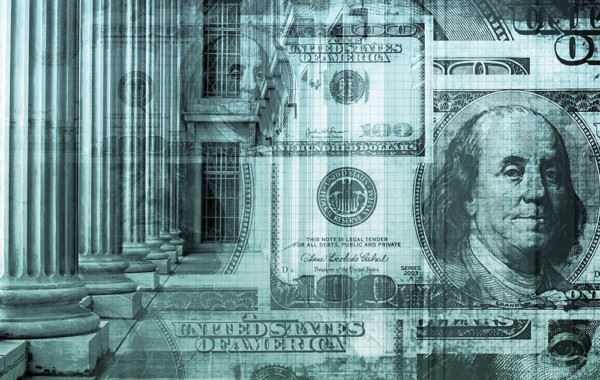
What is a Qui Tam?
Qui tam is the legal process where an individual whistleblower sues or prosecutes in the name of the government and shares in the proceeds of any successful litigation or settlement. Whistleblowing laws encourage private individuals to help the authorities enforce rules and uncover hard to detect fraud. In the United States, several federal and state laws allow both citizens and foreign residents to file these cases.
Qui tams effectively enlist the public in recovering civil penalties and forfeitures. The individual who steps forward and sues in the government’s name will be eventually rewarded with a portion of the recovered proceeds. Under current laws, that percentage ranges from 10% up to 50% depending on several factors including the specific type of fraud the relator uncovered and the strength and timing of his case.
History of Qui Tams
The name qui tam originates from a longer Latin phrase that could be roughly translated into “an individual who prosecutes for himself as well as on behalf of the King.” The concept originates from an era before either common law or democracy even existed. The earliest known example dates to the 695 declaration of King Wihtred of Kent. Under this statute, anyone who reported someone who had broken the rule that prohibited working on the Sabbath would receive one-half of the fine and the profits of the lawbreaker’s labor. By the 14th century, most English Kingdoms had their own “on behalf of the King” provisions. Wihtred and other English monarchs used this early legislation to encourage their subjects to report those in the Kingdom who broke laws or failed to pay tariffs. These reward systems effectively expanded a crown’s ability to enforce its own laws at no additional expense.
As early whistleblowers increased in popularity, they spread outside of England and eventually reached the Americas. A number of statutes existed throughout the United States during colonial times. After a costly Revolutionary War, the first U.S. Congress saw qui tams as a method to enforce the young country’s authority during a period when the newly-born government had few enforcement resources itself.
In 1863, Abraham Lincoln signed the most influential and enduring whistleblowing legislations of all time, the False Claims Act (FCA). This act has persisted since its enactment and grown stronger during its 150-year history. It also influenced the creation of other programs with relators provisions, including the IRS Office of the Whistleblower and the SEC Whistleblower Program.
Modern Qui Tam Laws
Today, there are four federal qui tam laws and programs in addition to dozens of state ones. The four federal ones that provide mandatory rewards are:
The False Claims Act
This act is the oldest and most often utilized provision. Relators could be rewarded with 10-30% of any civil fines and settlements collected as a result of a successful case.
The IRS Whistleblower Office
Section 406 of the Internal Revenue Code.Those who step forward and blow the whistle are paid percentage of the back taxes and fines the IRS collects as a result of the information provided.
The SEC Office of the Whistleblower
Section 21F of the Securities Exchange Act.The Dodd-Frank Act’s qui tam section rewards SEC informants a percentage of any fines collected in connection with a securities laws violation or fraud.
The CFTC Whistleblower Program
Section 23 of the Commodity Exchange Act. The CFTC rewards a percentage of money collected as a result of a relator reporting fraud in connection with commodities trading.
Recoveries and Rewards

Over the last two decades, federal and state enforcement agencies have made investigating and prosecuting this type of cases a top priority. Since 1987 the United States Government has collected over $36 billion through the combination of the four programs described above. In addition, State authorities have collected billions through their own legislations. Individuals who brought these qui tam cases under the FCA received $5.69 billion in rewards just in 2014 and the number keeps increasing year after year.
General Whistleblower news:
-
SEC Awards $250,000 to Two Whistleblowers
- Whistleblower News
One of the best tools the Securities Exchange Commission (SEC) has to help reduce fraudulent activities and protect investors is its Whistleblower Program, which provides a reward of 10%-30% of monies ...
Read More -
Money laundering, the art market, and the proposed ENABLERS Act
- Whistleblower News
Money laundering is the act of concealing the origins of money, usually of criminal origin. When people obtain funds from criminal endeavors, they must find ways to use the money in a non-suspicious ...
Read More -
Theranos whistleblower exposes widespread healthcare fraud
- Whistleblower News
The whistleblower who exposed the healthcare fraud occurring at Theranos Inc. reports a vast scheme used to manipulate lab tests and quality-control checks. Tyler Shultz is the grandson of George P. ...
Read More

















